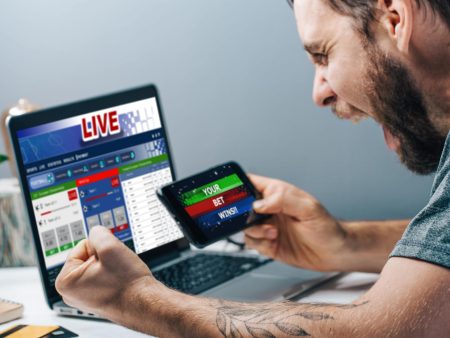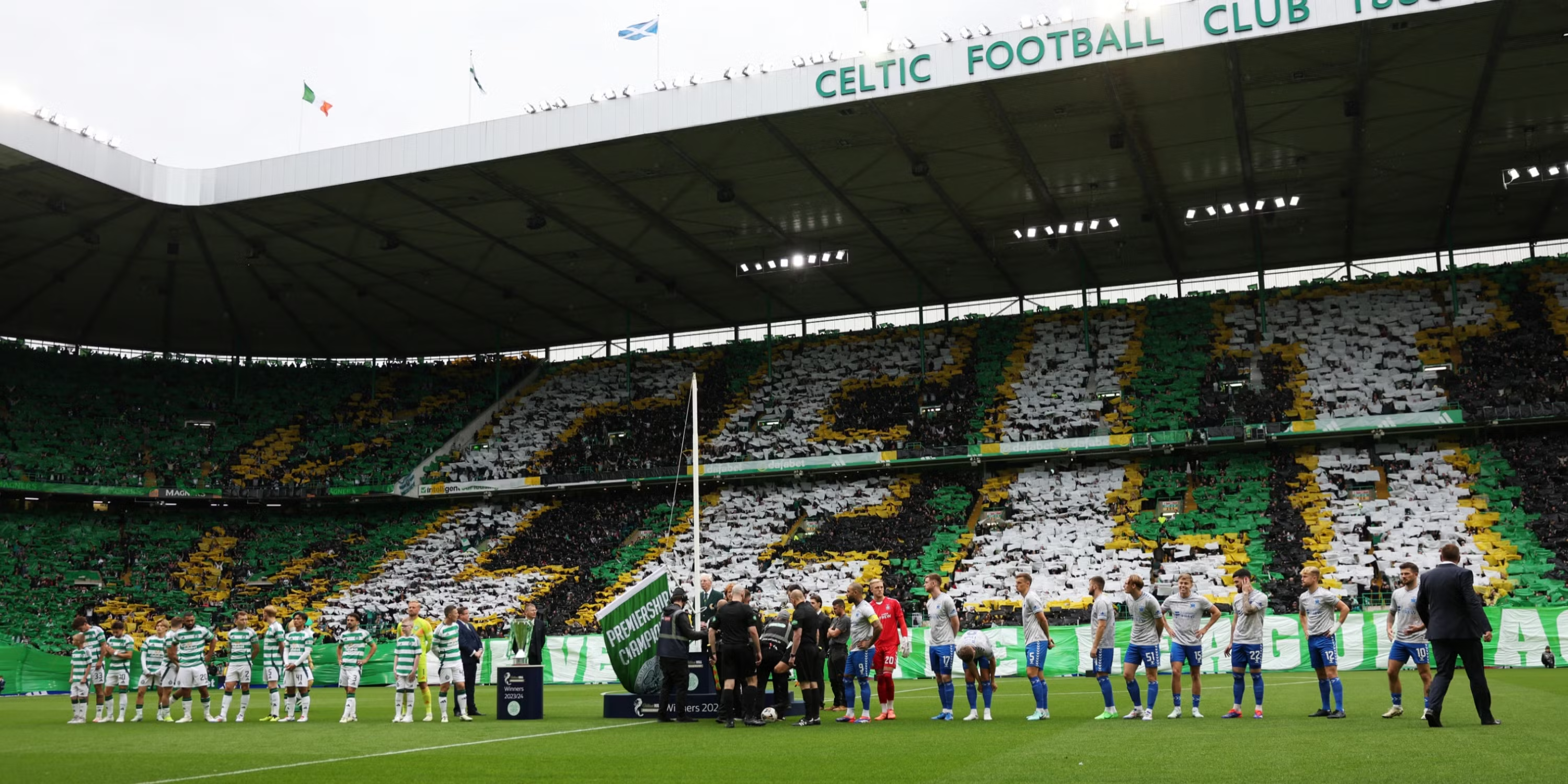
Overview of Key Betting Terms
In the realm of sports betting, understanding the lingo is essential. Here’s a guide to some of the most commonly used terms:
Action
The term “action” is used to denote the total amount wagered on a specific sporting event.
Added Game
An “added game” refers to a contest not typically included in a sportsbook’s standard betting rotation, such as a rescheduled or postponed match.
Against the Spread (ATS)
Betting “against the spread” involves a point spread where the favorite is marked with a “(-)” sign, indicating the number of points they must win by to “cover” the spread. Conversely, the underdog is marked with a “(+)”, indicating the points added to their score for betting purposes.
Arbitrage
Arbitrage in betting occurs when a bettor exploits different prices in various markets for the same event, ensuring a profit regardless of the outcome.
Bankroll
A bettor’s “bankroll” is the total sum of money they have allocated for betting activities.
Backdoor Cover
A “backdoor cover” happens when a team unexpectedly covers the point spread late in the game, affecting the betting outcome.
Bad Beat
A “bad beat” is a bet that looks like a sure win but ends in a loss due to unforeseen final play outcomes.
Beard
A “beard” is used to describe a bettor who places bets anonymously, often to disguise the identity of a professional gambler.
Book and Bookmaker/Bookie
The “book” refers to the sportsbook or the establishment accepting wagers, while a “bookmaker” or “bookie” is the individual who takes these bets.
Buying Points
When bettors “buy points,” they pay an additional fee to adjust the point spread or totals in their favor, typically by half to one full point.
Chalk
“Chalk” is a slang term for the favored team in a matchup.
Closing Line
The “closing line” represents the final betting line before the event starts.
Circle Game
A “circle game” is a contest with restricted betting limits, often due to uncertainties like player injuries or adverse weather conditions.
Contrarian Betting
In “contrarian betting,” a bettor deliberately wagers against the public consensus to capitalize on potential value missed by the majority.
Consensus Pick
A “consensus pick” is a selection that enjoys widespread support from the general betting public, usually favoring the favorite.
Cover
To “cover” the spread means that the team exceeds the conditions set by the point spread.
Dime and Dollar
A “dime” bet refers to a wager of $1,000, while a “dollar” bet indicates a $100 wager.
Dog
Short for “underdog,” this term describes the team expected to lose the event.
Draw
A “draw” occurs when an event ends without a winner or loser, often leading to a “push” where all bets are returned.
Edge
Having an “edge” means possessing a perceived advantage over the sportsbook before placing a bet.
Even Money
An “even money” bet is one where there is no vigorish or juice, meaning the potential win is equal to the wagered amount.
Exotic Wagers
Exotic wagers refer to bets that aren’t straightforward win/lose predictions, such as prop bets.
Favorite
The “favorite” is the competitor or team expected to win a particular event.
Field
In prop bets, “field” refers to all competitors not individually listed in the betting options.
Fixed Odds
“Fixed odds” mean that the betting odds are established and will not change leading up to the event.
Future
A “future” bet involves a wager placed on an event that will occur in the future, like championship outcomes or award winners.
Halftime Bet
This type of bet is placed only on the outcomes of the second half of an event.
Handicapper
A “handicapper” is someone who evaluates and predicts sports event outcomes, often selling this expertise.
Hedging
“Hedging” is the strategy of placing a bet on the opposite outcome of an initial wager to ensure winnings or minimize losses.
High Roller
A “high roller” is a bettor who consistently places large stakes, ranging from $1,000 to $10,000 on a single bet.
Hook
The term “hook” refers to an extra half-point added to the point spread, as in moving from 3 to 3.5.
Getting Down
“Getting down” means placing a wager on a sports event.
Grand Salami
“Grand Salami” is a bet on the total number of goals scored across all games in a league on a given day, typically in hockey.
Juice
Also
known as “vig” or “vigorish,” the “juice” is the fee charged by a sportsbook to place a bet.
Key Numbers
“Key numbers” are common final scores in sports that affect betting, particularly in football, like 3 and 7.
Layoff
A “layoff” bet is used by sportsbooks to balance action and reduce risk.
Limit
The “limit” is the maximum bet amount that a sportsbook will accept on a single event.
Lines
“Lines” refer to the odds offered on various bets, including spreads, moneylines, and totals.
Lock
A “lock” is a term for a highly likely winner in a betting scenario.
Longshot
A “longshot” is a competitor with a low probability of winning, often offering high rewards.
Middle
“Middling” is a strategy that involves betting on both sides of a game to win both positions, often exploiting shifts in betting lines.
Moneyline
A “moneyline” bet requires picking a team to win the game outright, regardless of the point spread.
Mush
To “mush” means to jinx or hex other bettors by bringing bad luck.
Nickel
A “nickel” bet is a $500 wager.
Oddsmaker
An “oddsmaker” is responsible for setting the betting lines and odds for sporting events.
Off the Board
When a game is “off the board,” it means that the sportsbook is not accepting bets on it, typically due to uncertainty about event details.
Over/Under
The “over/under” bet is based on whether the total score by both teams will be over or under the set value.
Parlay
A “parlay” combines multiple bets, and all selections must win for the parlay to pay out, offering higher returns at increased risk.
Pick’em
A “pick’em” game is one where there is no clear favorite or underdog, and no point spread is assigned.
Proposition (Prop) Bet
A “prop bet” focuses on specific event outcomes or player performances rather than the final game result.
Public Betting Percentage
This indicates the volume of bets and money wagered on one side of a bet by the general public.
Push
A “push” occurs when a bet neither wins nor loses, and all stakes are returned.
Real-Time Odds
These odds adjust in real-time based on game developments and betting trends.
Reverse Line Movement
This phenomenon occurs when betting lines move contrary to public betting patterns, indicating professional betting activity.
Return on Investment (ROI)
“ROI” measures the total money gained or lost through betting relative to the amount wagered.
Run Line
The “run line” is a point spread used in baseball and hockey betting, typically set at 1.5.
Runner
A “runner” is an individual who places bets on behalf of another person.
Sharp
A “sharp” is an experienced or professional bettor known for making well-informed bets.
Spread
“Spread” betting involves a point spread that the favorite must overcome to win the bet.
Square
A “square” bettor is relatively inexperienced and often bets based on personal bias rather than strategic analysis.
Steam Move
A “steam move” occurs when a betting line suddenly shifts due to heavy betting by informed players.
Straight Up
A “straight up” bet is a wager on a team to win outright, regardless of the point spread.
Teasers
“Teasers” allow bettors to adjust point spreads in a parlay for reduced odds.
Total
The “total” bet revolves around the cumulative score of both teams in a game, predicting whether it will be over or under the sportsbook’s set line.
Tout
A “tout” sells sports betting picks and advice, often claiming expert insight.
Units
“Units” represent the standard size of a bet in relation to a bettor’s bankroll.
Underdog
The “underdog” is the team expected to lose, presenting potentially higher payouts for bettors.
Vigorish
“Vigorish,” or “vig,” is the commission taken by a sportsbook on bets.
Wager
To “wager” means to place a bet on the outcome of an event.
Wiseguy
A “wiseguy” is a term for a knowledgeable, often professional, sports bettor.







